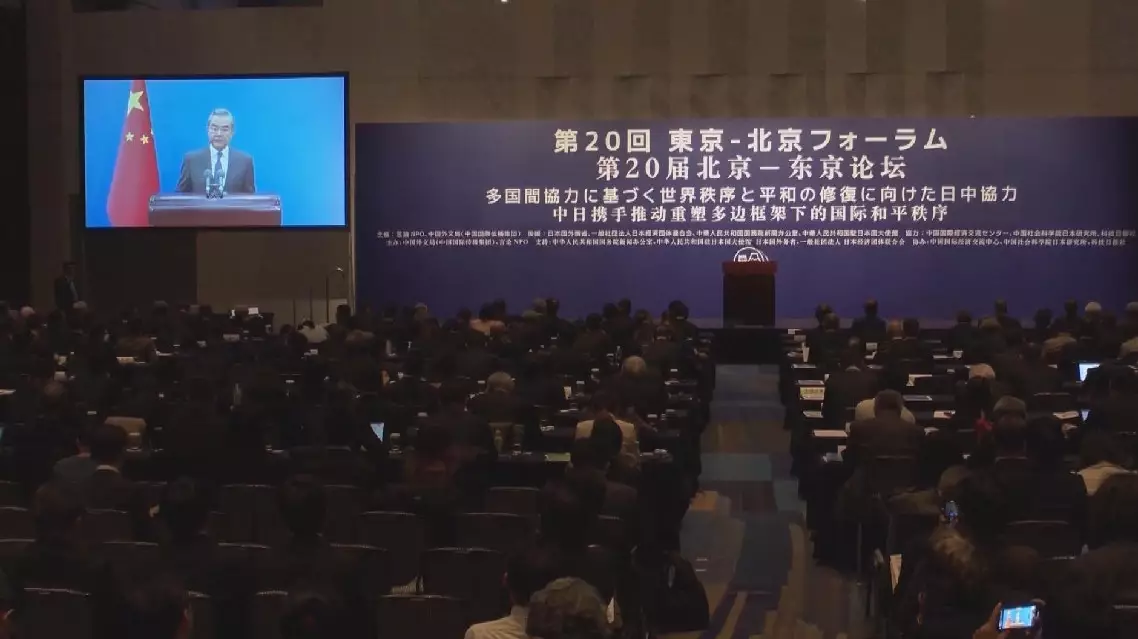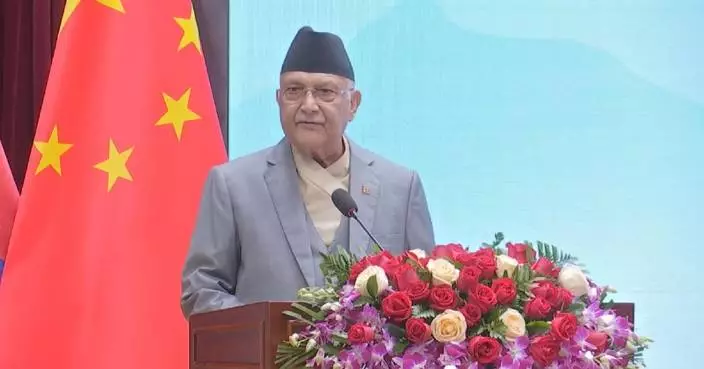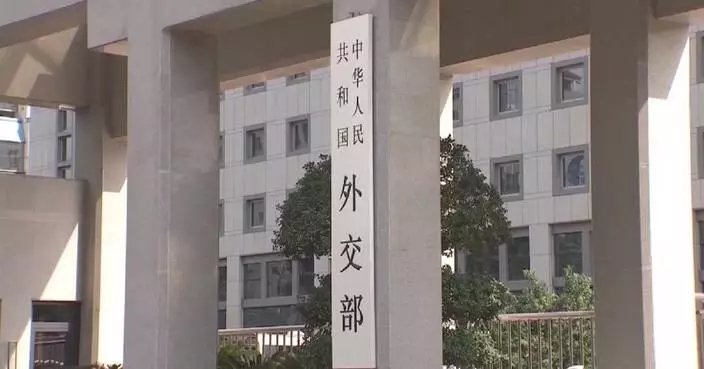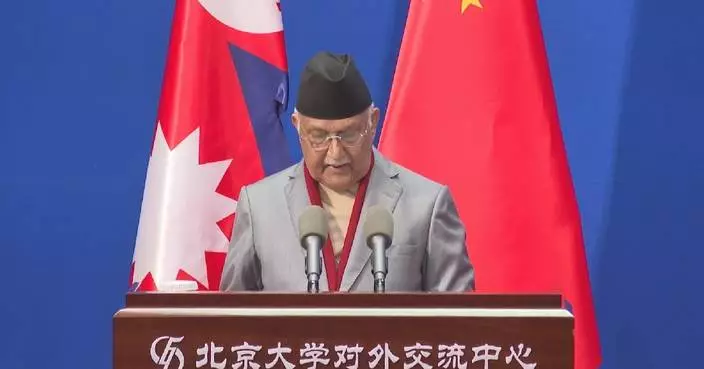China has recently launched a survey on the population of leopards and the biodiversity in their habitats in Qinyuan, a county in north China's Shanxi Province.
The scientific expedition, spearheaded by a research team from Beijing Normal University and joined by other higher education institutions and research units, aims to investigate the current population of the leopards and their habitats, as well as the biodiversity in the Yellow River Eco-Zone.
"The main goal of this research project is to investigate the leopard population and the biodiversity resources in Qinyuan County, Changzhi City, Shanxi Province. This includes the current status of leopard and its prey populations, as well as the wild mammals, reptiles, amphibians, birds, fish, and aquatic organisms that are under the national protection. It also involves a full investigation on wildlife habitats, biodiversity, ecosystem integrity and authenticity," said Wang Hongxin, director of the Academy for Global Development of Beijing Normal University.
In the past, the leopards were widely distributed in mountain areas along the Yellow River basin. However, today, its habitats are fragmented to small portions in the Taihang Mountain and the Lyuliang Mountain in Shanxi Province and a few mountain areas in Shaanxi Province due to factors including human interference.
Despite decades of protection, the leopards in China are still facing a high risk of extinction, with its rarity comparable to that of the wild Siberian tigers.
Qinyuan, one of the few remaining habitats for leopards in China, is located in the central area of the leopard population distribution in the Yellow River Eco-Zone. It is the first stop for the investigation of leopard populations in the Yellow River Eco-Zone.
"In terms of the leopard distribution, leopards have been existing in Qinyuan from the past to the present. Conducting an investigation here is of significant importance for studying the status of leopards in north China and in the Loess Plateau, and for studying their population recovery. Geographically, Qinyuan County in Shanxi Province is located in the 'Three Zones and Four Belts' of China's national ecological security barrier and the central area of the Yellow River Eco-Zone. It is a strategically important region for Shanxi Province's 'Yellow River Strategy' and holds great ecological significance," said Feng Limin, a professor with Beijing Normal University and deputy director of the monitoring and research center for Siberian tigers and Amur leopards under the National Forestry and Grassland Administration.
As the apex predator of the local ecosystem, tigers and leopards live in woods with an authentic and full ecosystem.
In Qinyuan, numerous traces of small to medium-sized herbivores such as wild boars, hares, and roe deer indicate that leopards have abundant food sources there.

China conducts leopard population survey in Shanxi Province
China and Japan should work together to promote stable, lasting bilateral relations, and to uphold regional and international peace and stability, said China's top diplomat Wang Yi in a video speech at the 20th Beijing-Tokyo Forum on Wednesday.
Wang, a member of the Political Bureau of the Communist Party of China Central Committee and director of the Office of the Central Commission for Foreign Affairs, noted that China and Japan have an exchange history of more than 2,000 years, and that it has been over 50 years since the normalization of diplomatic relations between the two countries.
A China-Japan relationship with the right development direction is not only of great and positive significance to both countries and their peoples, but also to the peace and development of the region and the world, he said. Both sides should be guided by the important consensus reached by the leaders of the two countries, adhere to the original aspirations of relations, follow the right path, seek common ground, and coordinate actions, all with the aim of promoting stable, lasting bilateral relations, he said. Noting that the two sides should understand the correct positioning of bilateral relations, Wang said China has always regarded Japan as an important cooperation partner, and hopes that Japan can view China's development objectively and rationally.
It is hoped that Japan will work with China to follow the correct positioning of the comprehensive advancement of the strategic, mutually beneficial relations between China and Japan, and implement the important consensus that the two countries should be cooperative partners and should not pose a threat to each other, he said.
The two sides should maintain the political foundations of bilateral relations. The four political documents between China and Japan have laid the political and legal foundations for bilateral relations, and they should not be blurred, retrogressed or undermined, Wang said.
China and Japan need to promote an open strategy of mutual benefits. Both sides should cherish their cooperation space and common interests that have already been established, and work together to maintain the stability and smooth operations of the global free trade system and industrial and supply chains, he said. Wang also called on the two countries to uphold regional and international peace and stability. In the face of rising unilateralism and protectionism, China and Japan need to work in tandem to safeguard Asian unity and cooperation to prevent external forces from fomenting confrontation, he said.
It is hoped that the Beijing-Tokyo Forum will continue to promote candid exchange, build consensus, provide suggestions for China-Japan relations, and make new contributions to the development of China-Japan relations that meet the requirements of the new era, he said.
Launched in 2005, the Beijing-Tokyo Forum is an annual event held alternately in Beijing and Tokyo. The forum is a high-level, large-scale, interactive exchange platform between the two countries.

China's top diplomat calls for joint efforts to promote stable, lasting China-Japan ties










